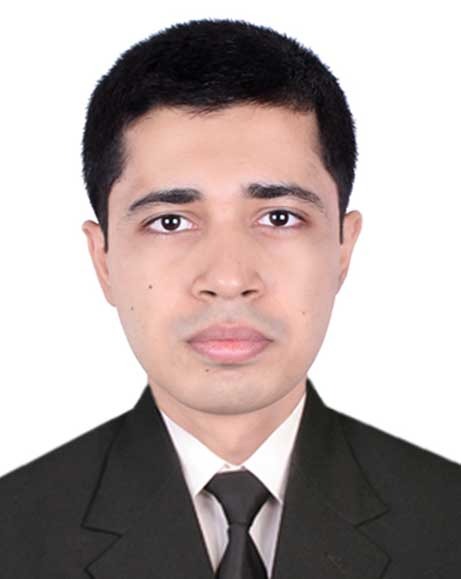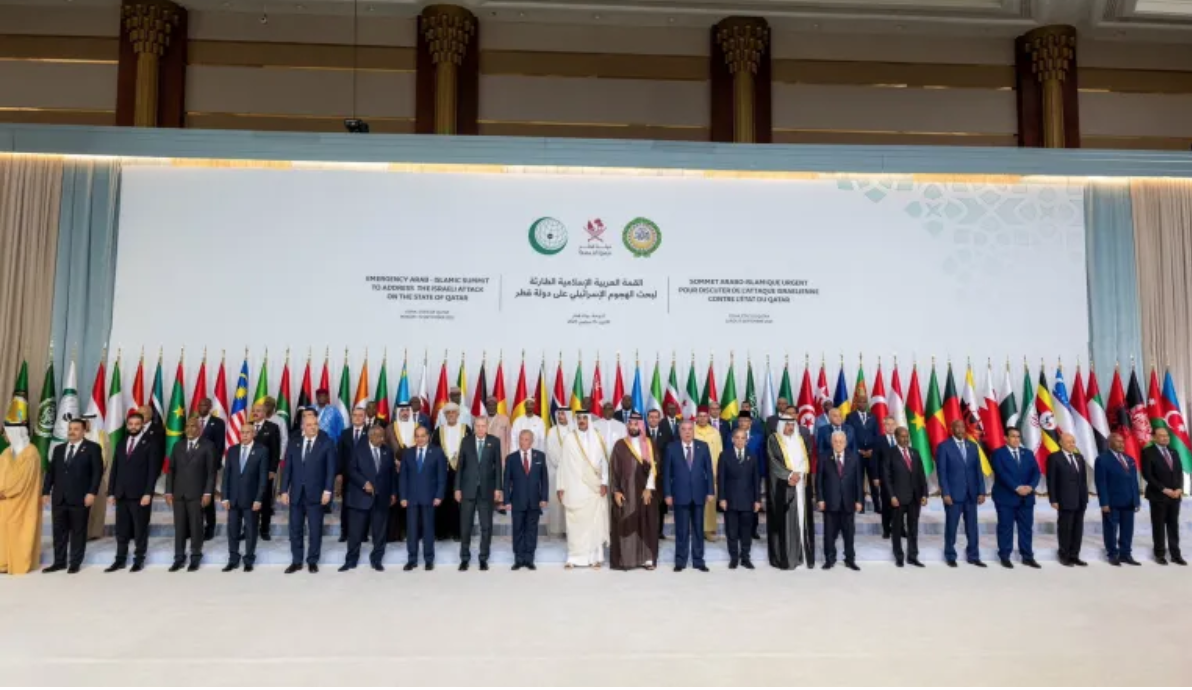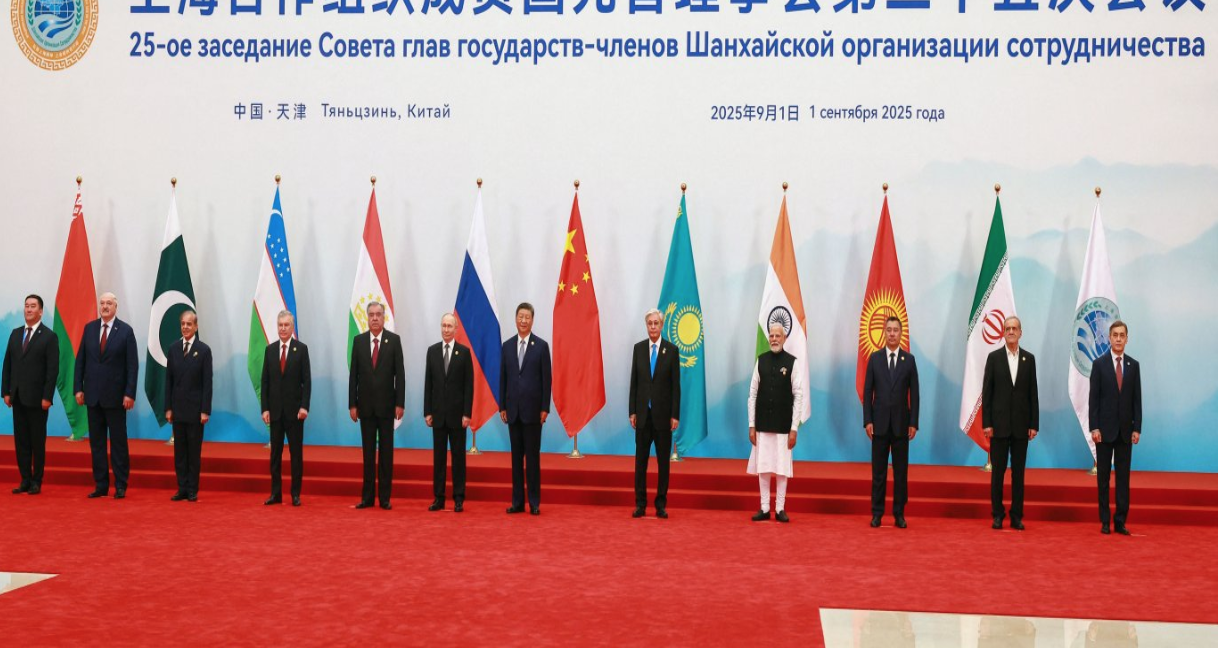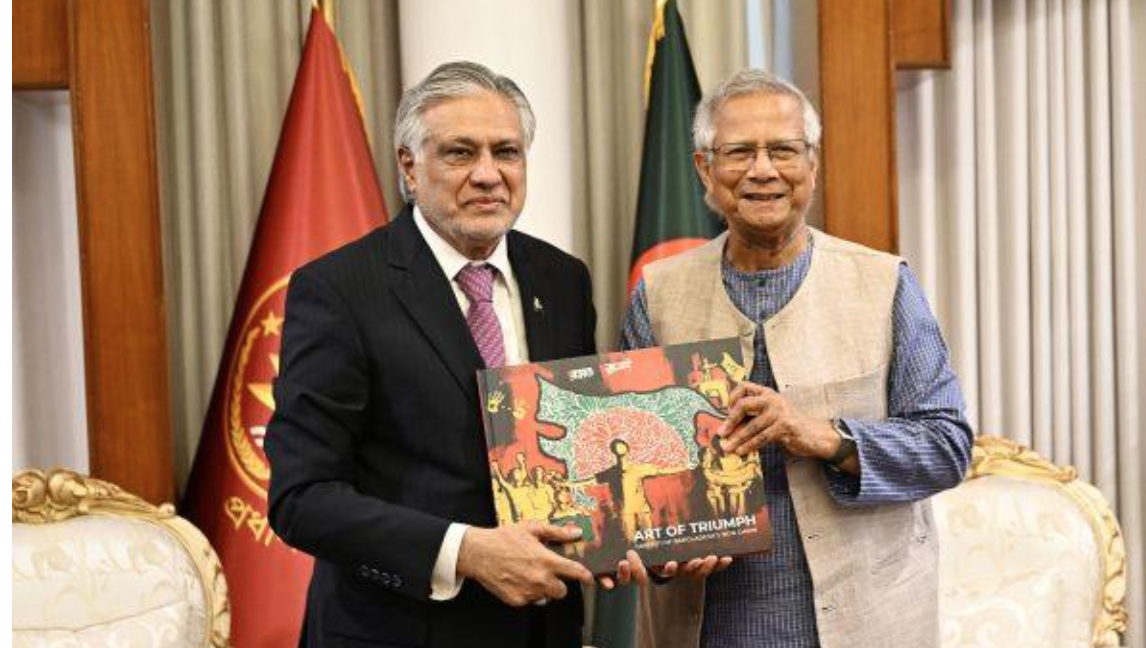The Monthly Researcher’s Meet (MRM) held on 8 April 2025 at the BIISS Auditorium centred on a reflective discussion titled “Shaping Regional Cooperation: Chief Adviser Muhammad Yunus’s Participation in the 6th BIMSTEC Summit.” The deliberation examined the implications of Dr Muhammad Yunus’s participation in the 6th Bay of Bengal Initiative for Multi-Sectoral Technical and Economic Cooperation (BIMSTEC) Summit, held in Bangkok on 3-4 April 2025, and its potential to renew momentum in regional diplomacy across South and Southeast Asia. Participants analysed the evolving nature of BIMSTEC’s institutional architecture and reflected on Bangladesh’s renewed engagement within the organisation under Dr Yunus’s leadership, positioning it as a key driver of inclusive and pragmatic regionalism.
A New Vision for Regional Cooperation
Discussions began by situating Dr Yunus’s participation within the broader context of Bangladesh’s foreign policy orientation. His emphasis on social business, inclusivity, and youth empowerment was seen as introducing a fresh normative layer to regional diplomacy, which is one rooted in human-centric development rather than purely geopolitical calculation. Participants highlighted that Dr Yunus’s proposed BIMSTEC Youth Festival embodies the essence of soft power diplomacy, capable of nurturing a shared identity among the member states and enhancing people-to-people connectivity across the Bay of Bengal. This proposal was viewed as a reflection of Bangladesh’s evolving diplomatic philosophy, which is one that integrates moral leadership with developmental pragmatism to bridge the gap between South and Southeast Asia.
Between Aspirations and Pragmatism
The discussion then turned to the outcomes of the 6th BIMSTEC Summit itself. Several participants noted that the meeting signalled a shift toward pragmatic cooperation, balancing aspirational rhetoric with actionable initiatives. Yet, questions were raised about BIMSTEC’s institutional maturity and its capacity to respond effectively to complex transnational challenges such as climate change, digital transformation, and sustainable economic growth. While some argued that Dr Yunus’s moral authority could catalyse institutional renewal within BIMSTEC, others cautioned that entrenched political and structural limitations continue to hinder consensus-based decision-making. The forum’s persistent challenge, it was noted, lies in translating visionary declarations into sustained regional action.
Bangladesh’s Bridge-Building Diplomacy
Attention then focused on Bangladesh’s strategic role within BIMSTEC under the current leadership. The discussion acknowledged that Dr Yunus’s engagement reaffirms Bangladesh’s long-standing aspiration to act as a connector between South and Southeast Asia. Participants argued that the country’s reputation as a responsible, development-oriented actor allows it to exercise quiet but effective influence in promoting cooperation in areas like trade facilitation, climate adaptation, and digital connectivity. Yet, maintaining this leadership requires careful balancing: leveraging Bangladesh’s moral capital while safeguarding its strategic autonomy amid shifting Indo-Pacific power dynamics.
The Role of Soft Power and Youth Diplomacy
The conversation broadened to explore the transformative potential of youth-oriented and non-state-led diplomacy. Participants agreed that soft-power tools such as cultural exchange, youth engagement, and social entrepreneurship could complement traditional statecraft in fostering deeper regional cohesion. These instruments, they observed, align naturally with Dr Yunus’s long-standing advocacy for bottom-up, inclusive development and could reinvigorate BIMSTEC’s people-centred dimension. Such approaches were seen not only as diplomatic assets but as mechanisms to embed regional cooperation in societal consciousness beyond bureaucratic circles.
Reimagining BIMSTEC’s Future
As the discussion concluded, attention turned to the question of whether BIMSTEC can serve as the primary vehicle for regional collaboration or whether smaller, issue-specific coalitions may prove more effective in the evolving geopolitical landscape. Participants recognised the importance of adaptability, suggesting that flexible cooperation models could enhance efficiency without undermining multilateral cohesion. The session closed with a shared reflection: Bangladesh’s proactive leadership under Dr Yunus’s stewardship has injected renewed vitality into BIMSTEC’s agenda, demonstrating how soft power, moral credibility, and inclusive vision can together shape a more resilient and cooperative regional order. The discussion came to a conclusion that Bangladesh’s engagement in BIMSTEC represents not merely diplomatic participation, but a broader effort to redefine the very character of regionalism: anchored in innovation, inclusivity, and the pursuit of collective progress across the Bay of Bengal.
This was part of a presentation in the in-house MRM, which was chaired by the Director General, BIISS. The Discussant for this event was Dr Benuka Ferdousi, Senior Research Fellow, BIISS.





